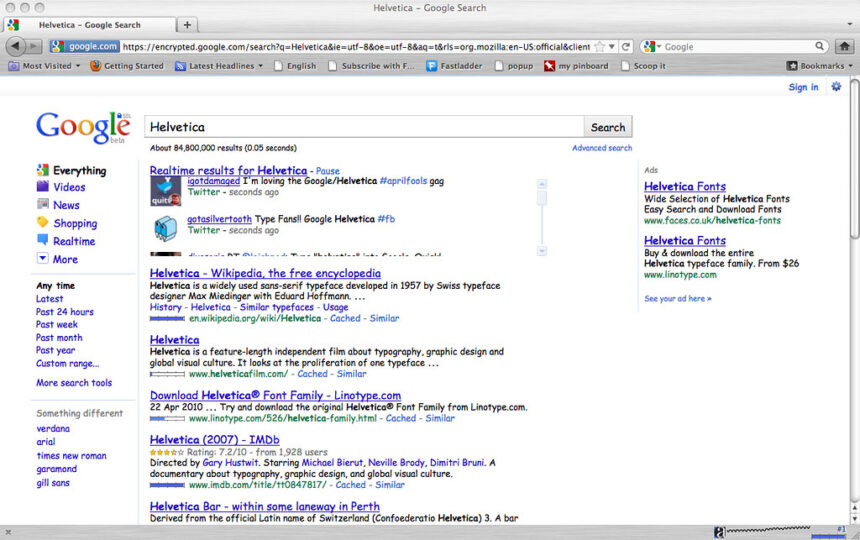On September 23, crypto scammers posted phishing links to fool users.
Attackers promoted “OPENAI”, a fake token, claiming that it would revolutionize integration of artificial intelligence and blockchain technology.
The alarming security breach has not only compromised user trust, but it also poses serious questions regarding the protocols that protect high-profile accounts such as OpenAI’s. OpenAI is yet to acknowledge this breach publicly.
This scam used the account hijacked to spread a fake link promising users the chance to get a piece of the newly released tokens.
Security experts claim that the “OPENAI token” was designed to fool users into linking their crypto wallets.
Users were then led into signing a fraudulent transaction which gave the scammers access to their digital assets.
A Chainalysis study shows that phishing attacks, also known as “approval-phishing”, have caused over $2.7 billion of losses in the period between 2021 and now.
The scammers blocked the comments section to prevent the users from reporting the harmful content. They ironically stated: “Comments are disabled due malicious links.” “Good luck to all!”
The deceptive tactics used to make it harder for the users to detect the scam are:
The phishing website closely mimicked OpenAI branding including its logo. This further convinced unsuspecting users.
The prompting to link a wallet, however, revealed the true intention of the scam, which could lead to the theft or assets from the compromised accounts.
The official OpenAI Newsroom X Account has been compromised. It is the fourth OpenAI Newsroom X account that has been compromised over the last 15 months.
OpenAI executives have been attacked in the past
OpenAI’s executives are frequent targets for phishing scams.
Cyberattacks have recently targeted the OpenAI researcher Jason Wei’s account to spread a similar fraud. Chief Scientist Jakub Pahocki, and CTO Mira Murrati were also victims.
Murati’s account in June 2023 was also used to fool users with a similar phishing scam.
These attacks are similar, but it is unclear whether they were carried out by a specific group.
This situation is a reflection of an issue that affects the entire cryptocurrency industry.
Decentraland a virtual-reality project suffered from a similar scam where fraudsters promoted a false airdrop of the native token and tricked users into linking their wallets.
Attackers are increasingly sophisticated in their phishing schemes, and they take advantage of the high profile platforms that users trust.
Experts in security say that an increase in the number of approval phishing scams poses a growing threat to the blockchain and crypto sectors.
OpenAI, despite the removal of the posts quickly, has yet to issue an official statement about the hack. This raises concerns, given that the company plays a significant role in AI.
The lack of communication highlights the need to enhance security for social media accounts with high traffic.
Users must be vigilant in order to avoid falling victim to similar scams.
In order to prevent future losses, it is important that users are educated about approval phishing and the dangers of it.
The post Crypto scammers steal OpenAI’s X Account, Target Users with Phishing Links may be updated as new developments unfold.






